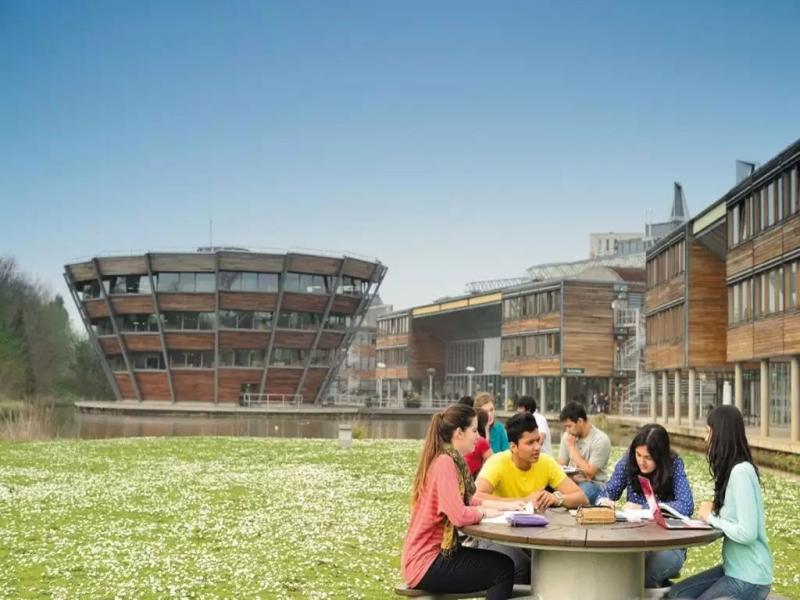Much has already been written on this website and elsewhere, regarding the benefits when university business schools and local businesses work closely together. In this article, I am asking what would incentivise Entrepreneurs-In-Residence (EiRs) to extend their relationship with universities beyond an initial, voluntary, level of engagement in such a way that the wider university (staff, students, alumni) directly benefit and actively want to engage with the EiRs too.
Over the last few years I have developed a strong belief that actively increasing an entire university’s permeability to ongoing, long-term entrepreneurial engagement is key. It has the potential to benefit students and alumni, academic and administrative staff, external perceptions of the university, and the entrepreneurs themselves. For this vision to become a common reality, identifying and communicating the motivation and value-add that EiRs and universities can both offer and receive is crucial in sustaining the initial engagement.
Many of us have seen exciting initiatives to bring universities, local businesses and entrepreneurs together, launched with great fanfare, rapidly dissipate over the subsequent months as the majority involved prioritise other activities and lose interest and motivation. Can anything be done to rectify this?
Individuals are motivated by different things, and although a few EiRs might provide long-term support for purely altruistic reasons, some will need additional encouragement to extend the relationship beyond infrequent inputs, meetings, or launch events. The same is true for academics, other university staff, alumni and students.
All parties need to openly agree that talking about this, and signposting potential sources of impetus, is in everyone’s longer term interests.
Based on my own experience, the most effective inducements are not just the obvious ones. Universities already offer a variety of incentives (but don’t always recognise how attractive these are) that could persuade an entrepreneur or business to provide ongoing support whilst also delivering a measurable benefit to academic staff or students. For example:
Joint funding bids (Research Councils, Innovate UK, etc)
Provision of student time to complete worthwhile (business-related) tasks
Access to specialist equipment or academic expertise
Discounted executive / MBA / specialist training
Independent validation of a product claim
Preferential access to IP or spin-out investment opportunities
Networking and high-value contacts
But which of these is enough to enthuse a busy EiR to actively engage for the long haul? I strongly suspect the answer will be a mixed bag of “some or all of the above plus x, y and z” and it would be very interesting to ask the views of the combined pool of Entrepreneurs in Residence.
In recent years, I have been involved in many of the above whilst working with different university staff, students and alumni across the UK. I am now a fully signed up Entrepreneur-in-Residence, through the University of Nottingham, and since signing the Code of Conduct in 2017 I have:
Successfully prepared recent graduates for their first real pitch for external investment
Encouraged and mentored a variety of university staff seeking ways to enhance their own skills (from managing change, to initiating strategic planning, to engaging effectively with other staff or external partners, etc)
Listened to and supported a number of early-stage companies and charities, many of whom are members of the University of Nottingham’s Ingenuity Lab, to identify what they need to do next
Enthused a variety of students, from many different faculties, to think and act entrepreneurially
As a direct result of my engagement with various UK universities I have also had the opportunity to engage with a variety of other entrepreneurs and all sorts of amazing, fascinating people and organisations. I fully expect to continue my university-linked activities for many years to come.
To conclude, I suggest that all SBC awarded business schools should actively explore what existing opportunities and incentives will encourage their EiRs to embrace long-term, more frequent engagement with their university whilst also incentivising those within the university to play along too.
David Park is a Director at Newzpark Ltd and an Entrepreneur-In-Residence at Nottingham University Business School.
